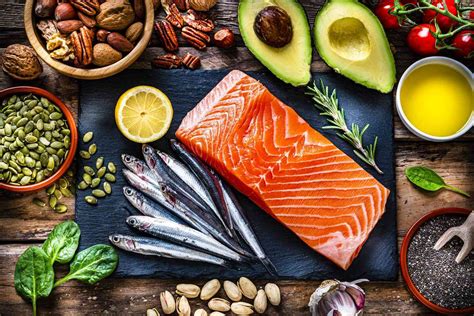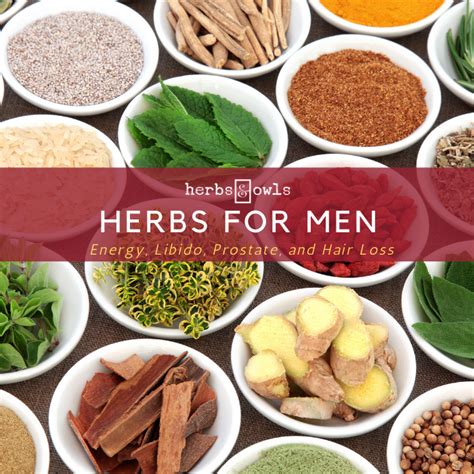Natural ways to optimize male hormones for peak vitality & drive?

In the pursuit of peak performance, vitality, and a strong sense of drive, male hormones, particularly testosterone, play a pivotal role. While often associated with muscle mass and libido, these hormones influence a much broader spectrum of male health, including mood, energy levels, cognitive function, and overall well-being. Modern lifestyles, unfortunately, can often lead to imbalances. The good news is that many natural, sustainable strategies exist to help optimize these crucial hormones. This article explores actionable steps you can take to naturally enhance your hormonal profile and reclaim your peak vitality.

Understanding Male Hormones and Their Importance
Testosterone, the primary male sex hormone, is vital for developing male reproductive tissues, as well as secondary sexual characteristics. Beyond these, it impacts bone density, red blood cell production, fat distribution, muscle strength and mass, and even mood and energy. As men age, testosterone levels naturally decline, a process sometimes referred to as andropause. However, factors like chronic stress, poor diet, lack of sleep, and sedentary lifestyles can accelerate this decline or create imbalances at any age. Optimizing these levels naturally can lead to significant improvements in quality of life.
Dietary Pillars for Hormonal Health
Your plate is a powerful tool for hormone optimization. A balanced diet provides the building blocks and regulatory nutrients necessary for healthy hormone production.
- Healthy Fats: Cholesterol, a precursor to testosterone, is derived from dietary fats. Incorporate sources like avocados, nuts, seeds, olive oil, and fatty fish (salmon, mackerel) rich in monounsaturated and omega-3 fatty acids.
- Lean Proteins: Essential for muscle maintenance and overall cellular function, adequate protein intake from sources like lean meats, poultry, eggs, and legumes supports a healthy metabolism, indirectly benefiting hormone balance.
- Complex Carbohydrates: Found in whole grains, fruits, and vegetables, these provide sustained energy and help regulate blood sugar levels, preventing insulin spikes that can negatively impact hormone production.
- Micronutrients: Specific vitamins and minerals are critical. Zinc (found in oysters, beef, pumpkin seeds) is vital for testosterone production. Vitamin D (from sunlight exposure and fatty fish) acts like a steroid hormone in the body and is strongly linked to testosterone levels. Magnesium (leafy greens, nuts, seeds) supports hundreds of enzymatic processes, including those involved in hormone synthesis.

The Power of Exercise
Physical activity, especially certain types, is a potent natural hormone booster.
- Strength Training: Lifting weights or performing resistance exercises stimulates testosterone and growth hormone release. Focus on compound movements (squats, deadlifts, bench presses) that engage multiple muscle groups.
- High-Intensity Interval Training (HIIT): Short bursts of intense exercise followed by brief recovery periods have been shown to elevate testosterone and human growth hormone levels.
- Avoid Overtraining: While exercise is beneficial, excessive or prolonged endurance training without adequate recovery can actually stress the body and lead to a decrease in testosterone. Listen to your body and prioritize recovery.

Prioritizing Sleep and Stress Management
Chronic lack of sleep and high stress levels are major disruptors of hormonal balance.
- Quality Sleep: Most testosterone is produced during deep sleep phases. Aim for 7-9 hours of high-quality sleep per night. Establish a consistent sleep schedule, create a dark, cool, quiet sleep environment, and limit screen time before bed.
- Stress Reduction: Chronic stress elevates cortisol, the “stress hormone,” which can suppress testosterone production. Incorporate stress-reducing practices like meditation, yoga, deep breathing exercises, spending time in nature, or engaging in hobbies.

Smart Supplementation (Natural Aids)
While a whole-food diet is primary, certain natural supplements can offer targeted support, especially if dietary intake is insufficient.
- Vitamin D: If sun exposure is limited, a daily Vitamin D3 supplement can be highly beneficial.
- Zinc and Magnesium: Often deficient, these minerals are crucial. Consider supplementing if your diet doesn’t provide enough.
- Ashwagandha: An adaptogenic herb, Ashwagandha has been shown in some studies to reduce cortisol and increase testosterone levels.
- Fenugreek: This herb may help increase free and total testosterone levels, as well as improve libido.
Always consult with a healthcare professional before starting any new supplement regimen.

Lifestyle Choices for Sustained Vitality
- Limit Alcohol Consumption: Excessive alcohol intake can negatively impact testosterone production and liver function, which is crucial for hormone metabolism.
- Avoid Endocrine Disruptors: Be mindful of exposure to chemicals found in plastics (BPA, phthalates), pesticides, and certain personal care products, as these can interfere with hormone signaling.
- Maintain a Healthy Weight: Excess body fat, particularly visceral fat around the abdomen, can convert testosterone into estrogen, leading to lower levels. Losing weight through diet and exercise can significantly improve hormonal balance.
Conclusion
Optimizing male hormones naturally is not about quick fixes but about cultivating a holistic lifestyle that supports overall health and well-being. By focusing on a nutrient-dense diet, consistent and smart exercise, adequate sleep, effective stress management, and mindful lifestyle choices, men can significantly enhance their hormonal profile. This, in turn, can lead to a remarkable resurgence of vitality, energy, drive, and an improved quality of life. Embrace these natural strategies to unlock your full potential and experience peak male health.









